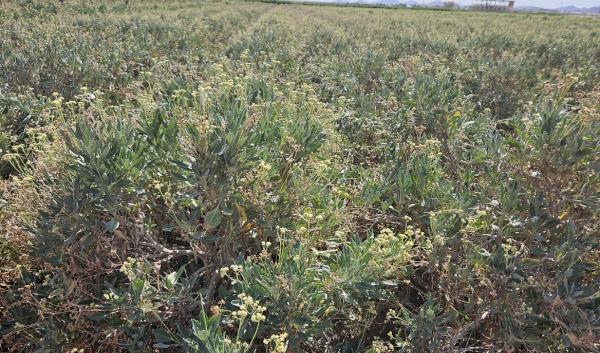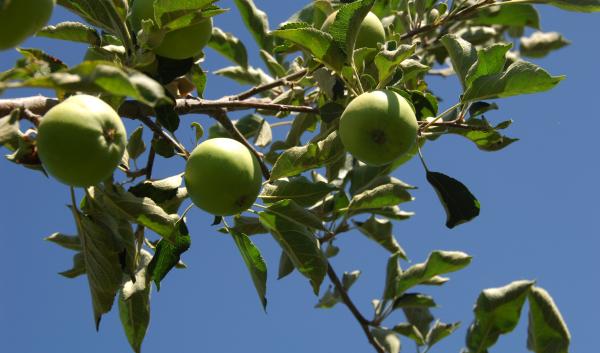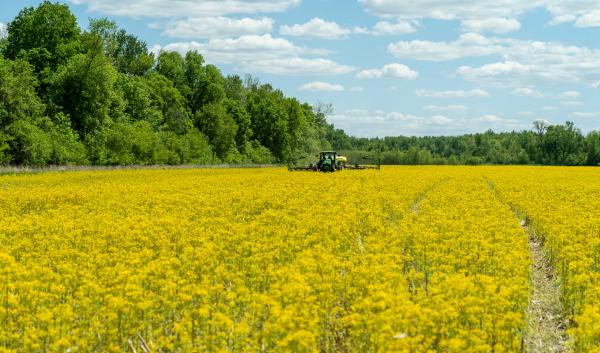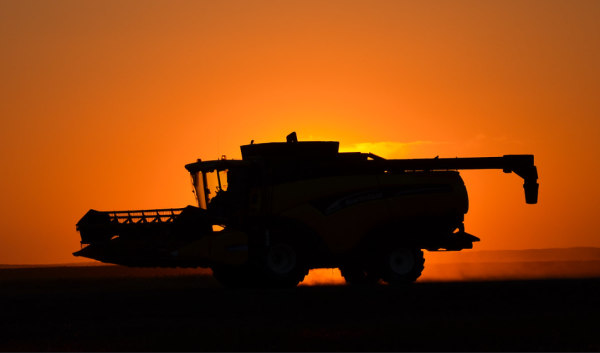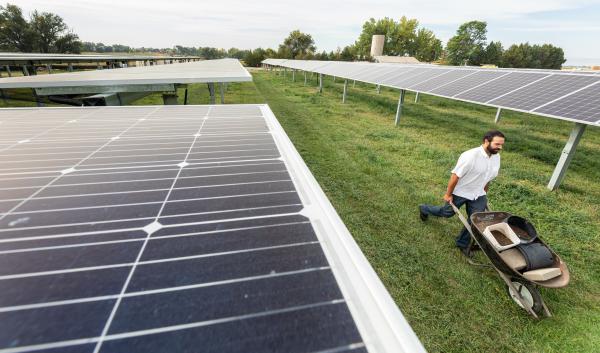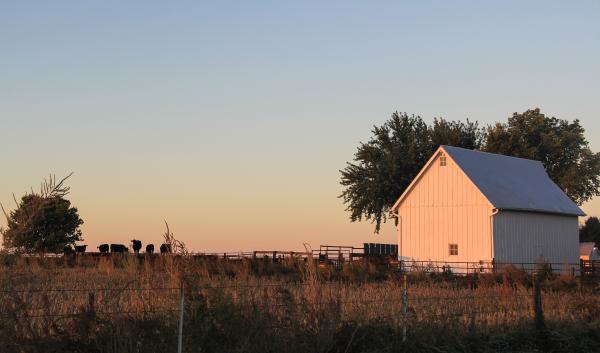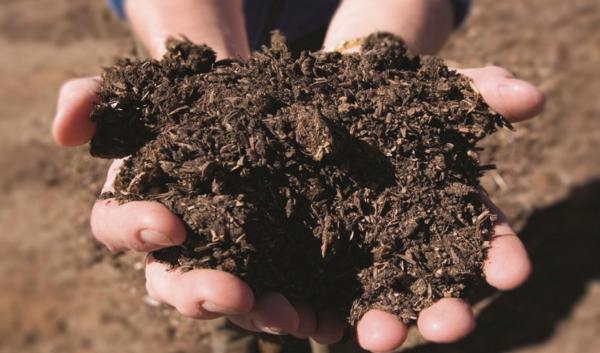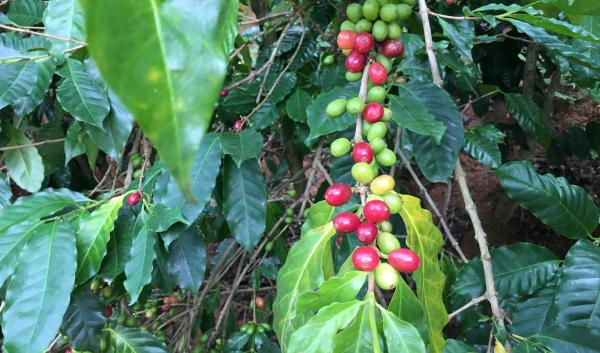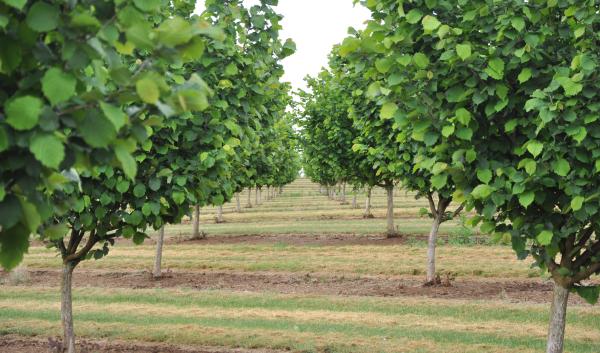Specialty Crops
Specialty crops face a variety of climate-related challenges. Perennials such as grapevines and nut trees represent a major investment and – unlike annual field crops – cannot be abandoned or fallowed in the event of a severe drought, storm, or heat wave. Warmer temperatures may prevent stonefruit (such as peaches and cherries) from experiencing the chill-hours needed for proper flowering.
-
The potential of guayule for commercial rubber production in the southwest
As global rubber supplies face mounting pressures, the resilient guayule plant offers a sustainable, domestic source…
-
Specialty Crops and Climate Change in the Midwest
Climate change is impacting specialty crops in the Midwest is unique ways. Explore resources and learn more.
-
Assessing the Impacts of Climate Change on Midwest Agriculture
Explore the extent of climate change in your state, hear how these changes are affecting agriculture, and learn about…
-
Managing Risk of Field and Equipment Fires in the Midwest
Explore resources for minimizing the risk of field and equipment fires during harvest.
-
Agrivoltaics: Pairing Solar Power and Agriculture in the Northwest
Agrivoltaics – the pairing of solar power generation with agriculture – could improve climate adaptability in the…
-
Bolstering Extension-Climate Hub Partnerships in the Midwest
The U.S. Department of Agriculture has invested in new Cooperative Extension and USDA Climate Hubs partnerships to…
-
Adaptation Resources Workbook for California Specialty Crops
As California faces the effects of a changing climate, agricultural production will be challenged and its specialty…
-
Climate Adaptation Guides for Tropical Agriculture and Forestry
The objective of this NRCS-funded project Climate Adaptation Guides for Tropical Agriculture and Forestry is to develop…
-
Climate-Resilient Hazelnuts in Oregon and Washington
Hazelnuts are a climate-resilient crop that could expand Oregon’s market for food, livestock feed, and bioenergy.


